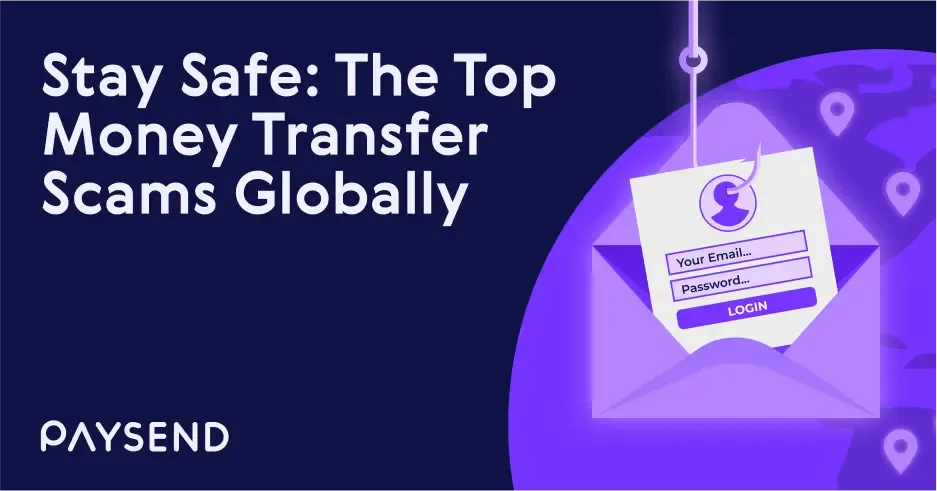Flexible payments – The future of payroll?

The changes to employment practices that resulted from the Covid-19 pandemic created a number of new challenges for companies and their human-resources departments. But in many cases, they have led to improvements in working patterns that have the potential to deliver long-term benefits for both businesses and their workers.
In January 2023, China reopened its borders and officially ended three years of President Xi Jinping’s zero Covid policy. With this, come hopes that we are over the worse of the Covid-19 pandemic and
that businesses and societies can begin to return to pre-pandemic levels of mobility, trade and growth.
Despite lockdowns ending the world over, a huge number of employers have retained the remote- and hybrid-working policies they were forced to adopt when the initial wave of pandemic lockdowns arrived in early 2020.
Staff have welcomed the extra time they get to spend at home as well as the financial uplift from savings made on commuting. The employer’s perspective is more nuanced – with industry and operational specifics dictating the ideal workforce configuration. However, for many businesses, an increase in remote working has enabled savings on the cost of office space and equipment, while cloud-based and collaborative technologies have enabled communication and productivity to continue wherever the workforce is.
On-demand pay
The pandemic also saw the development of new approaches to paying workers, the most interesting and valuable of which was the growth of on-demand pay, or POD. This allows workers to access a part of any earnings they have accrued so far in any given month, ahead of their normal salary payment date, with the balance being paid at the usual time. On-demand pay, which is also known as ‘earned-wage access’, has been designed to help employees alleviate short-term financial stress, and was viewed as a particularly valuable innovation during the most uncertain periods of the pandemic.
Research shows such issues remain a widespread problem: figures published by advisory service EY suggest that 70% of workers in both the US and UK experience financial stress regularly, while three-quarters of this group say they have experienced a ‘material deterioration’ in their health and wellbeing as a result.
[EY Report]
Employers that can provide their staff with the means of dealing with pressing financial problems in this way are likely to reap benefits in terms of happier, more productive workers and greater employee engagement. Already, a number of major corporations have made on-demand pay services available to their staff, including retailer Walmart and Flynn Restaurant Group, owner of the Applebee’s and Arby’s franchises. [Bloomberg]
Personal cash flow management
On-demand pay is not only useful for alleviating financial stress. Many workers would value being able to access a portion of their salaries at a time that suits them – to deal with unexpected, one-off expenses, for example – rather than having to wait until the end of the employer-mandated pay period.
The employee benefits of flexible pay arrangements are clear. And for employers, within the context of global talent shortages, any mechanism that can drive loyalty should be considered. But for any business considering the introduction of on-demand pay, there are likely to be significant logistical challenges in terms of their payroll processes.
According to the UK-based Chartered Institute of Payroll Professionals, payroll operators should be aware of a number of potential issues that can arise when an on-demand pay solution is implemented. [CIPP Report ] These include:
- Regulatory compliance: Depending on local tax laws, on-demand pay could create issues in terms of working out when payroll taxes are due, for example if pay periods are not aligned with the relevant fiscal year.
- Cash flow issues: Providing access to wages at an earlier date than usual has the potential to create cash flow problems for the employer.
- Integration: On-demand pay may require the creation of two dual payroll systems, one for staff who wish to take advantage of the scheme and another for those who do not. This can create extra costs and administrative headaches, at least in the initial stages.
One other consideration is how POD can be implemented in organisations with large global workforces or international contractors for whom traditional bank-to-bank cross-border payment processes would be too slow to give the employee the benefits. In these instances, many payroll organisations are partnering with specialist international payment providers.
Despite challenges associated with making the switch to on-demand pay, the Global Payroll Management Institute [GPM Publication] points out that, given its advantages and increasing popularity around the world, employers and payroll managers are likely to see significant benefits from embracing this kind of approach as soon as they can – not least because of the potential competitive advantage they can gain from becoming a more attractive place to work.
Последние посты

Money isn’t just currency - it’s a way to stay connected. Whether you’re helping family back home, supporting friends chasing their dreams, or just sending a surprise for a loved one, Paysend and Visa make it effortless to bridge the distance to Turkey, and transferring to an eligible Visa card via Paysend is one of the easiest ways to send money.

Sending money internationally has never been easier, but as digital payments become more popular, so do scams targeting unsuspecting senders. Fraudsters use various tactics to deceive people into transferring money, often pretending to be banks, employers, or even loved ones in distress.
To help you stay protected, we’ve outlined some of the most common and most recent money transfer scams happening around the world and how you can avoid them.
